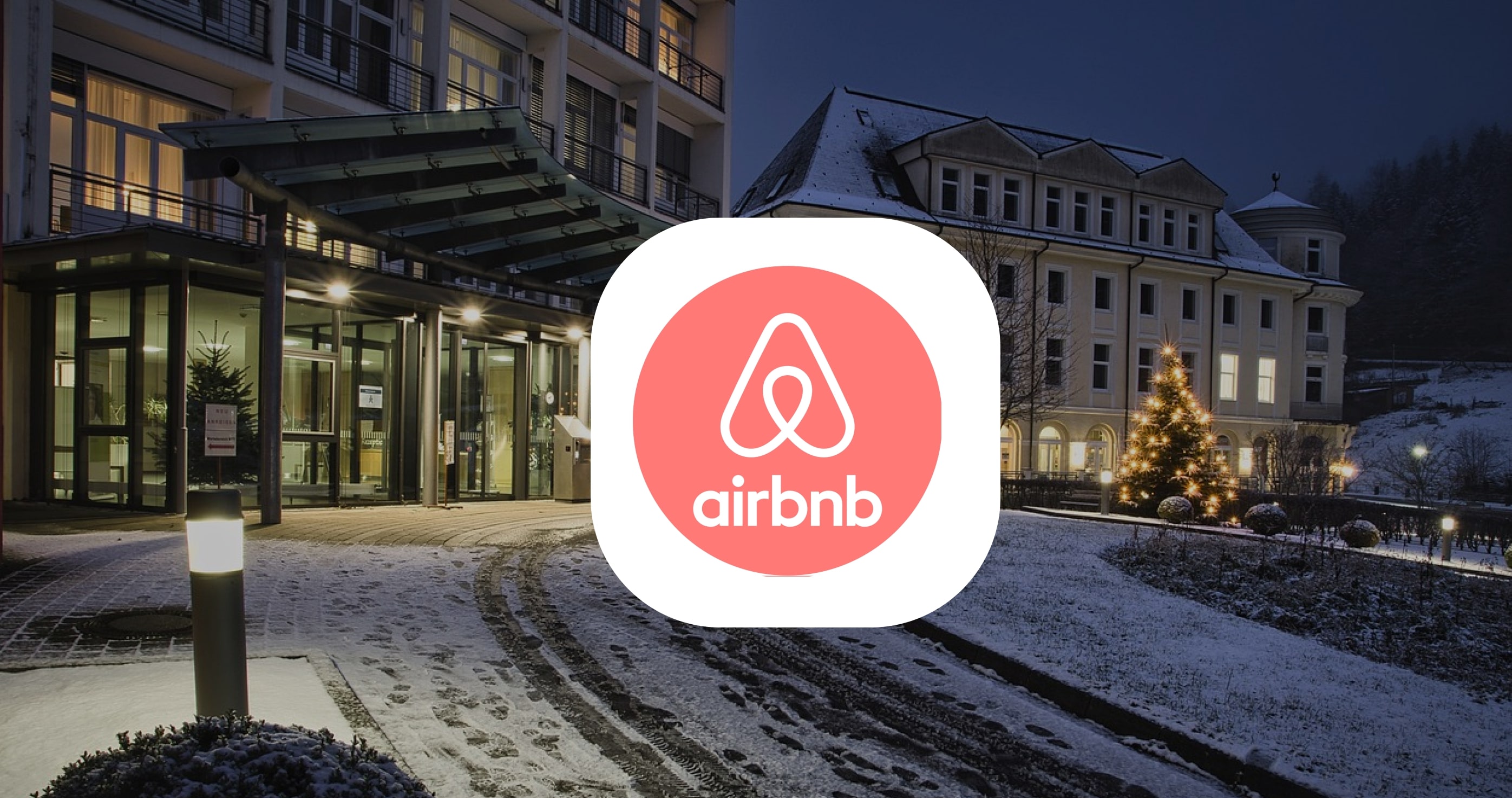Should Investors Worry About Airbnb's Declining Margins?
Introduction
Airbnb's recent earnings report raises crucial questions for investors, particularly concerning the company's declining margins amidst a competitive landscape. In Q4 2024, Airbnb reported revenue of $2.5 billion, marking a 12% increase year-over-year, and a full-year revenue total of $11.1 billion. However, despite these positive growth metrics, a notable decline in both adjusted EBITDA margin and net income margin compared to previous quarters has sparked concerns about the sustainability and profitability of Airbnb's business model. This article aims to address whether investors should indeed worry about Airbnb's declining margins evidenced in its latest earnings release and explore the implications for future performance.

Market Position and Competitive Landscape
Airbnb continues to hold a strong position in the travel and accommodation market, characterized by a robust brand identity and extensive global reach. With a network of over 8 million active listings across 220 countries, Airbnb remains a pivotal player in the short-term rental sector. Its competitive advantages include a unique offering of diverse accommodations and a focus on user experience, underscored by recent technological upgrades aimed at improving functionality and customer engagement. However, the travel industry is increasingly segmented, with traditional hotels and emerging platforms vying for market share. The need to invest heavily in technology, marketing, and operational enhancements to sustain growth could further pressure margins.
Financial Performance Analysis
Despite recording a notable increase in revenue, Airbnb's profitability metrics indicate a concerning trend. For Q4 2024, the net income was reported at $461 million, translating to a net income margin of 19%, compared to 24% in the same quarter last year. This substantial decline can be traced back to non-recurring tax expenses that impacted profitability last year but also reflects ongoing operational costs that are growing faster than revenue. Furthermore, the adjusted EBITDA margin fell to 31% from 36% a year ago, despite an increase in adjusted EBITDA to $765 million. Such margin compression signals potential challenges in cost management, particularly as the company invests significantly in marketing and product development to enhance services and expand its market presence.
When analyzing operating expenditures, the report indicates a year-over-year increase across key areas: $1.88 billion in cost of revenue, $1.28 billion in operations and support, and $2.15 billion in sales and marketing. The uptick in costs may be justified by bolstered bookings, shown through a 12% increase in nights and experiences booked, totaling $111 million for the quarter. However, if these expenditure trends continue without a proportional increase in revenue, investor concerns over sustained margins may deepen.
Current Growth Segments and Strategic Outlook
Airbnb's strategic vision emphasizes long-term growth through market penetration, product optimization, and new offerings. Notable initiatives, such as the Co-Host Network introduced to facilitate hosting, reflect a commitment to expanding user engagement without directly increasing inventory through outright purchases. Moreover, the management’s focus on enhancing local experiences, seen in targeted launches in regions like Japan, underscores a robust strategy for driving bookings in new markets. However, while these areas hold strong potential, management has signaled that margins may temporarily decline due to increased investments in these global initiatives.
The recent stock price movement, currently at $141.04, reflects investor sentiment amid concerns over declining margins while adhering to price targets that remain optimistic based on overall growth potential. The average price target for Airbnb remains above current levels, implying a belief in future recovery and margin restoration. Nonetheless, these projections are predicated on successful navigation of cost pressures and effective execution of strategic plans.
Conclusion
In conclusion, while Airbnb's earnings results illustrate a firm grasp on revenue growth, the declining margins present a significant risk for investors. The combination of increasing operational costs alongside heavy investments in technology and marketing may continue to pressurize profitability. Investors should be particularly vigilant of future margin trends coupled with any guidance management provides regarding expected performance in 2025 and beyond. As Airbnb positions itself for growth, focusing on optimizing spending efficiency while pursuing an ambitious expansion strategy will be essential. Continuous monitoring of operational efficiency and margin recovery will thus be crucial for investors contemplating their position in Airbnb's stock.
By WallstreetCrunch - Feb 23, 2025 at 8:05PM
